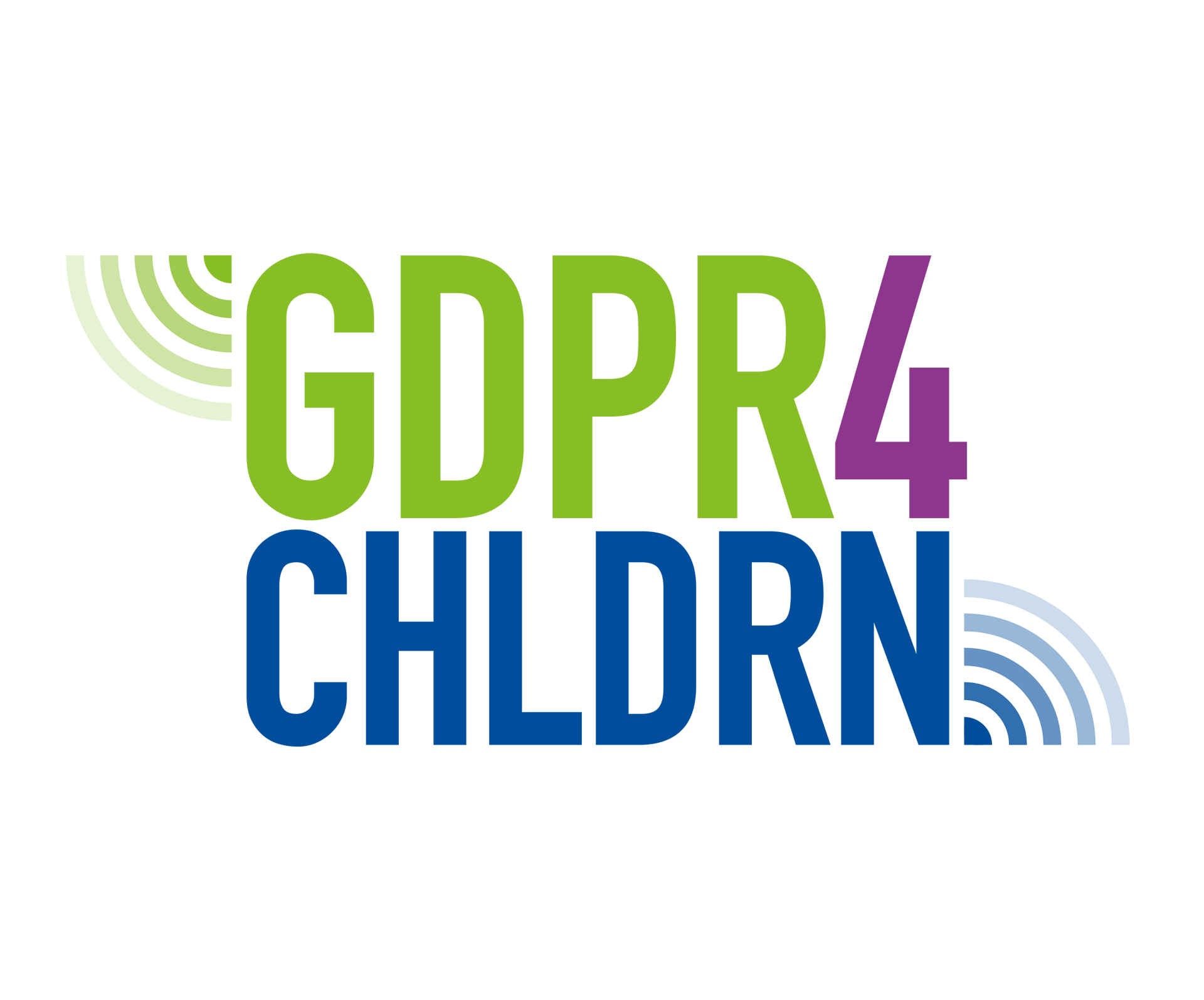My child’s data has been disclosed for direct marketing. Is that allowed?
Electronic direct marketing refers to direct marketing with automated calling systems or faxes, or with email, text, audio or picture messages.
Before giving out its members’ data, a hobby organiser must make sure that it has a legal basis for disclosing personal data to third parties. In practice, this means that the member or their custodian(s) have given their consent to the disclosure of data. Even if consent has been given, it can be withdrawn at any time by contacting the hobby organiser. The data subject has the right to object to the use of their personal data for direct marketing purposes at any time, after which the controller must make sure that the data subject’s personal data will no longer be processed for direct marketing. There is no need to justify the withdrawal of your consent. It is enough to notify the controller that you are withdrawing your consent for the disclosure of data for direct marketing purposes.
A distinction should be drawn between direct marketing and newsletters. There is no precise definition for newsletters in the law. For example, a hobby organiser is allowed to send newsletters containing customer communications to participants. Customer communications give the customer information on the status, continuity or changes of the service they have chosen. The same message may not include advertisements, for example. The recipient’s consent is required for sending newsletters containing direct marketing.
